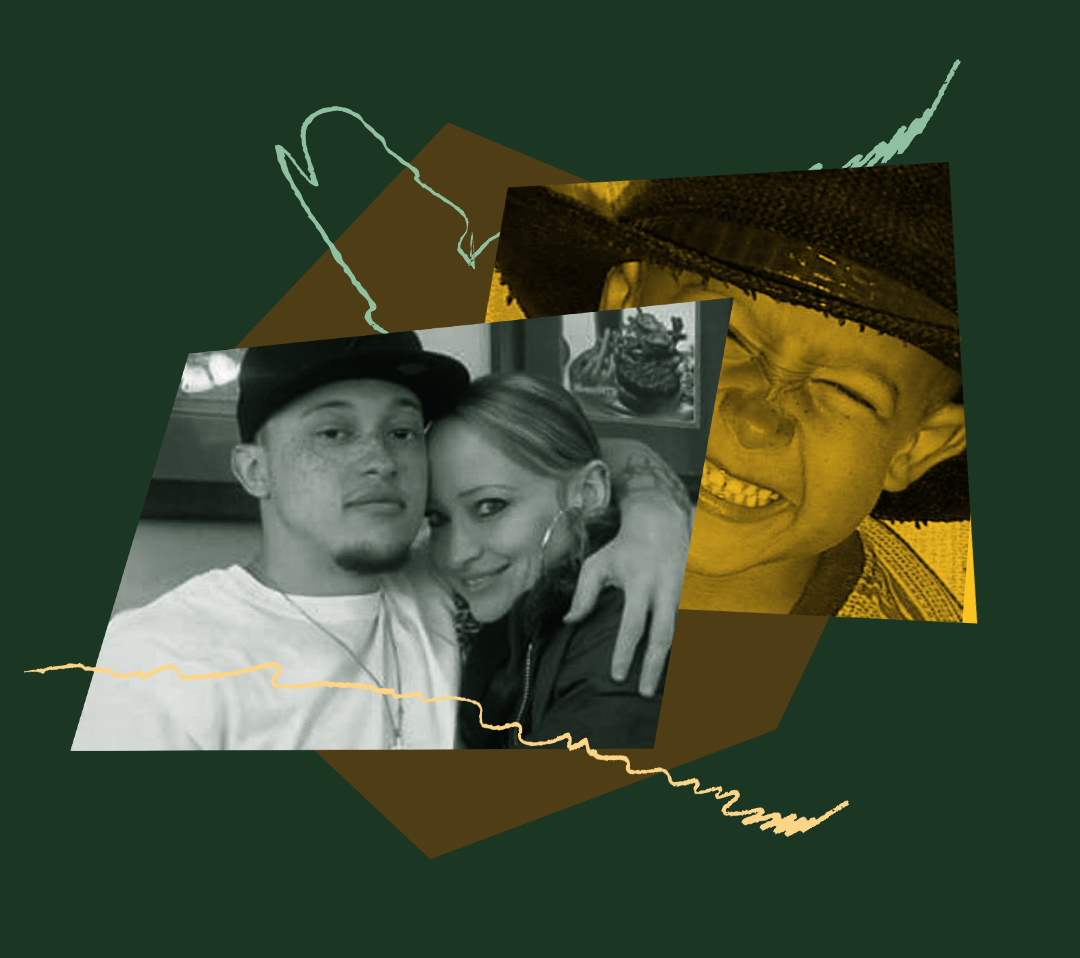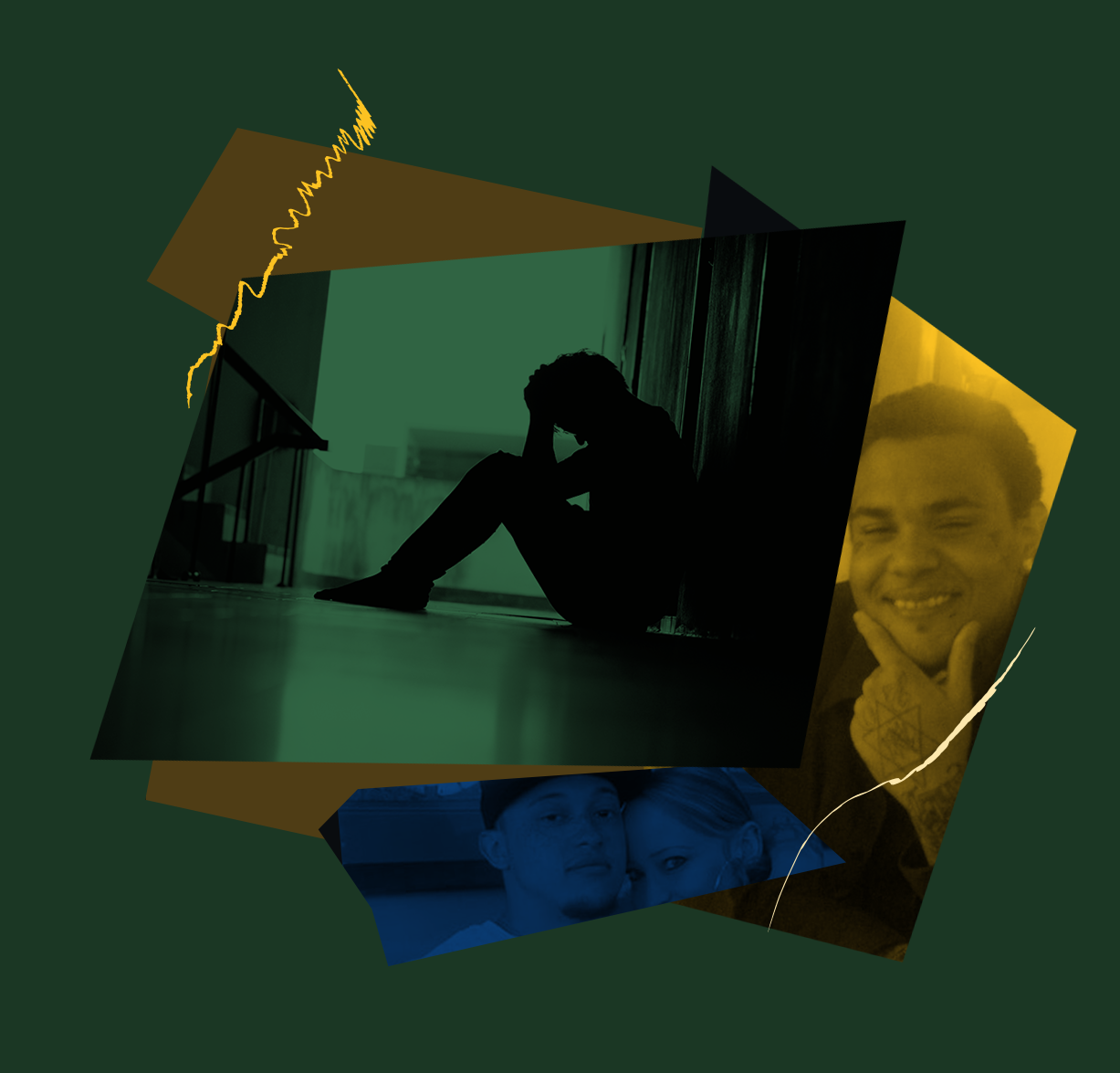Note: This blog is the second of a series based on interviews with three men currently held in the Penitentiary of New Mexico who are part of a class action lawsuit challenging the inhumane and unconstitutional conditions of New Mexico’s long-term solitary confinement unit.
At just 13, the Adidas Jr. Phenomenon Camp ranked O’Shay as the seventh-best young point guard in the nation. Now-NBA player Andrew Wiggins was ranked sixth. “Basketball was my way out of the streets,” O’Shay says. But that same year, a mistake that led to juvenile arrest at just 13 cost him everything. He was expelled from school and lost all his sponsors. After that, deprived of opportunities, he remained entangled in the juvenile criminal system.
The first time O’Shay went to adult prison, he was 19. “Now I'm 30,” O’Shay says. “I'm trying to be different—but how if they won't let me? I’ve proven that when given opportunities, I can take advantage of them.” For example, he recently got his paralegal certificate so he could “make a difference and help fellas out.”
“I'm trying to be different—but how if they won't let me?"
“I got involved in this lawsuit to help those who have come through this process,” O’Shay says. “Having been here for so much time, knowing what we've been going through—I want to help to fix it and make it so people don't get stuck up here. I’m thinking outside of myself.”
The Cycle
This is O’Shay’s fourth time in the solitary confinement unit. He has spent about five years—half of his sentence—in the unit. He says many men there have the same story. After being sent to the unit once, it became impossible to escape the red flag on their record.
“After that, anything you do, they’ll put you in solitary up here,” O’Shay says. For example, the Corrections Department policy says that a one-on-one fight is a disciplinary infraction that should carry a penalty of no more than 30 days in segregation. But people who have been sent to the solitary confinement unit once just get sent right back there. This practice ties people to mistakes they made years ago, usually when they were young and impressionable. It deprives them of the ability to grow and learn from those mistakes, making it difficult for them to move forward.
"...anything you do, they’ll put you in solitary up here."
The first thing that many people entering the general population from the solitary confinement unit want to do is get a job within the prison, something to keep them occupied and to contribute to those incarcerated with them. But O’Shay says that the last time he left the solitary unit, no one would hire him. “I was stuck in the pod with nothing to do.”
The Shock of Return
“It's tough to go back to the general population,” O’Shay says. “It's a shock because we're not used to communicating with nobody.” He says that people who have been in solitary for a long time—often years—can have mental breakdowns in the general population. Those struggling to function around people after so long in isolation are not met with resources or understanding. “Instead of realizing that someone's been locked down for five years and might be going crazy, they want to just punish, which makes it worse,” O’Shay says.
He says the prison system needs to give the men in the solitary unit ways to interact with each other so that they have social skills and can cope when they go back to the population. But in solitary confinement, “there’s no peer mentor groups, no gatherings behind bars. That many years... it hardens people.”
Family Trauma
O’Shay’s mom has multiple sclerosis, and he says that even though she’s dealing with a serious illness, she’s always worried about him. “If I don't call for a few days, she assumes something happened to me,” he says. “She kinda has long-range PTSD from me being in and out of seg for so long.” He says his daughter doesn’t understand why he can’t come home, which breaks his heart.
The last contact visit O’Shay remembers having with anyone was in 2018. “I haven't even hugged my family in many years,” he says. “A lot of us have that same story. One of the things the fellas struggle with most is it’s so hard to maintain family ties.”
Trying to Heal
Almost all the men in the solitary confinement unit are struggling with trauma and mental illness. O’Shay says the unit makes all that harder, because “you can’t break down in here.” He says when people can’t talk to each other about the heavy things they’re going through and are given no productive outlet for that emotional turmoil, they eventually just can’t take it anymore, and that’s when violence happens. O’Shay wishes prison staff would think about the underlying causes of this behavior but says “no one asks why or tries to help us change.”
"It would be in everybody’s best interest to invest in those who struggle."
What They Need
Recently, O’Shay watched a show about a father-daughter program at the San Quentin prison in California. They did a prom day, where the men got to wear suits and dance with their daughters. “If they can do that in San Quentin, why can’t we have that here?” he wonders.
O’Shay also believes that trained “prisoner mitigation groups”—groups of incarcerated men whose job would be to calm incidents before they escalate—would help reduce violence in prisons. “The fellas in tense situations would respond better to us than the correctional officers,” he says, and that could be better for everyone.
“I want people to know that there are a lot of good people in here in bad situations,” O’Shay says. “We've made our mistakes and do not claim to be perfect, but we also don't deserve to be viewed as inhuman. We have families and feelings too. There's not one of us who doesn't want better for ourselves. No one wants or likes to live as a dog does. Everybody can't be saved but many of us can be. Everyone does deserve a second chance with actual help and opportunities to live a better life that many of us have never experienced before. If you care about society, it would be in everybody’s best interest to invest in those who struggle.”
My words are deeper than you can dig up with a shovel,
You can never understand me until you rise up to my level,
The heights of greatness from the bottom pickin' fights with the devil.
The truth burns, Everything I'm speakin' is hot like a kettle.
Look in my eyes & remember only the strong survive,
I've seen people lose their life tryin' too hard to jive.
Christmas in December all family vibes,
But prison's cold in the winter ain't no love inside
Phone restriction because of missions but we had to ride.
We call it survival...Outsiders call it pride.
How? I've seen grown men breakdown & cry, &
Lifers go crazy they'll never see freedom alive.
Everyday we miss our family & our children.
Hidden emotions, people take advantage of your feelins.
How can we put trust into the system when they view us as a villain?
Ain't no democracy in prison D.O.C movin' like the Kremlin.
We Prisoners Of War, but politics aren't behind us,
Cut off from the world
If I didn't speak, you wouldn't find us!
Poem written by O'Shay Toney, who is currently incarcerated in the Penitentiary of New Mexico.



